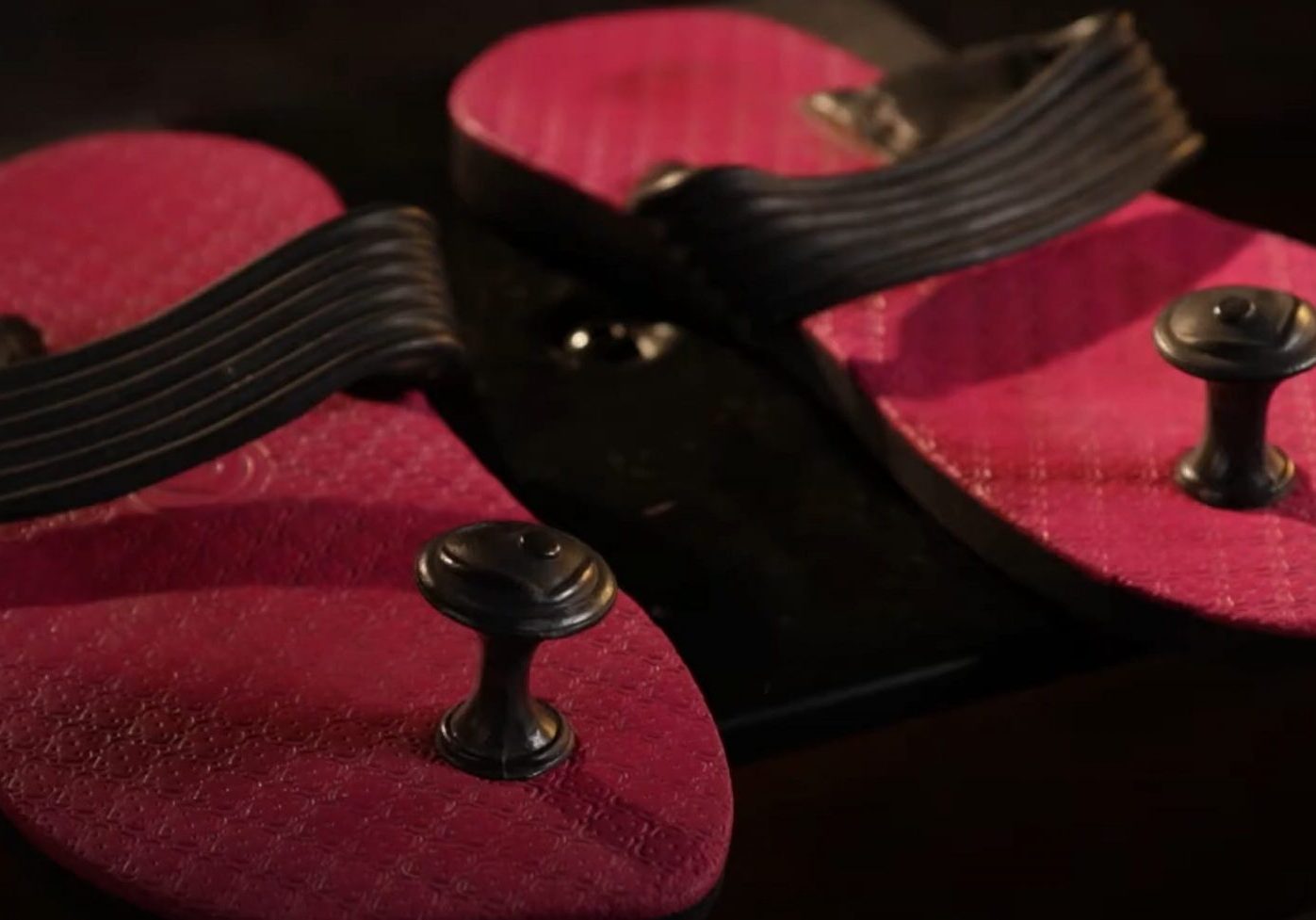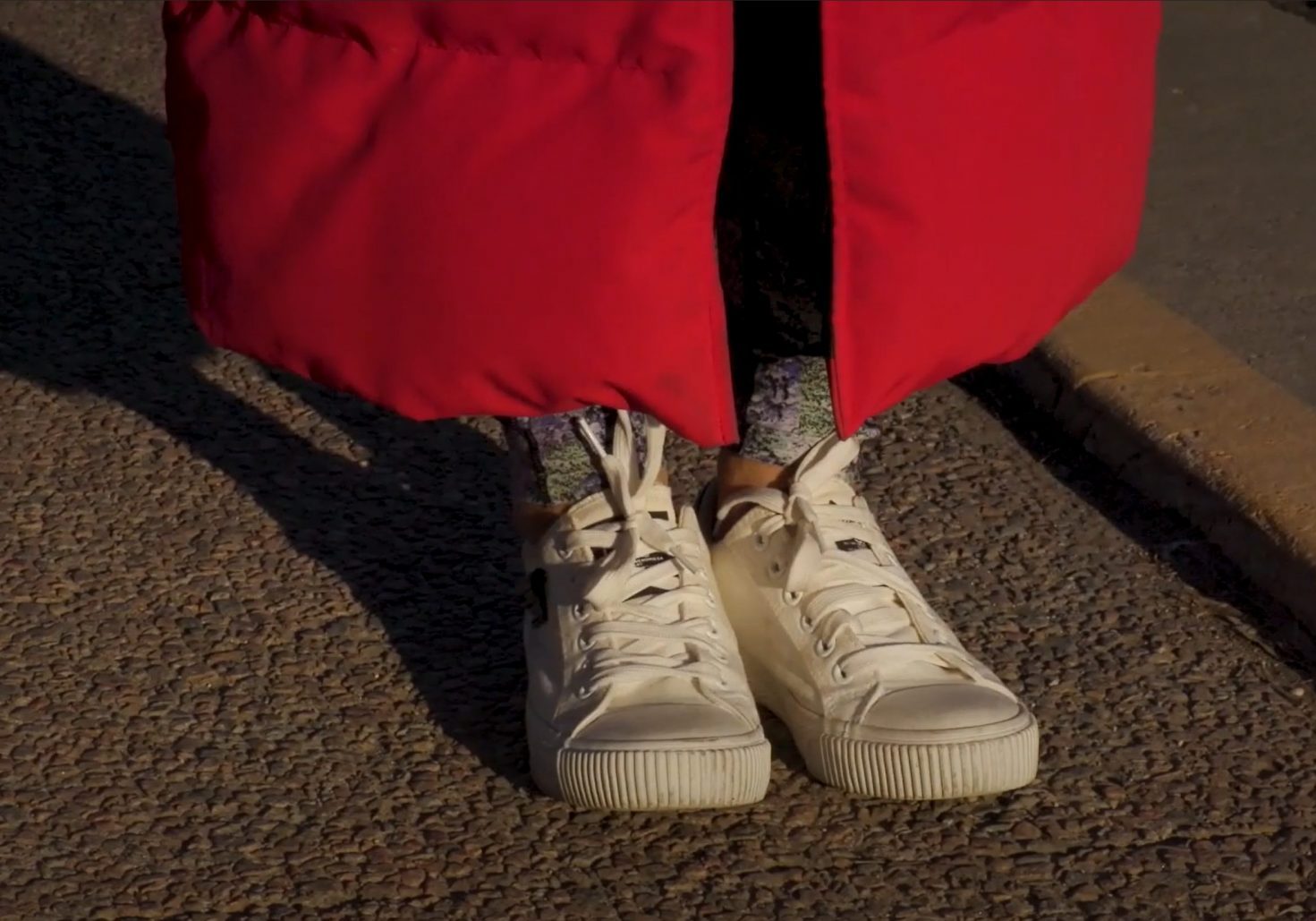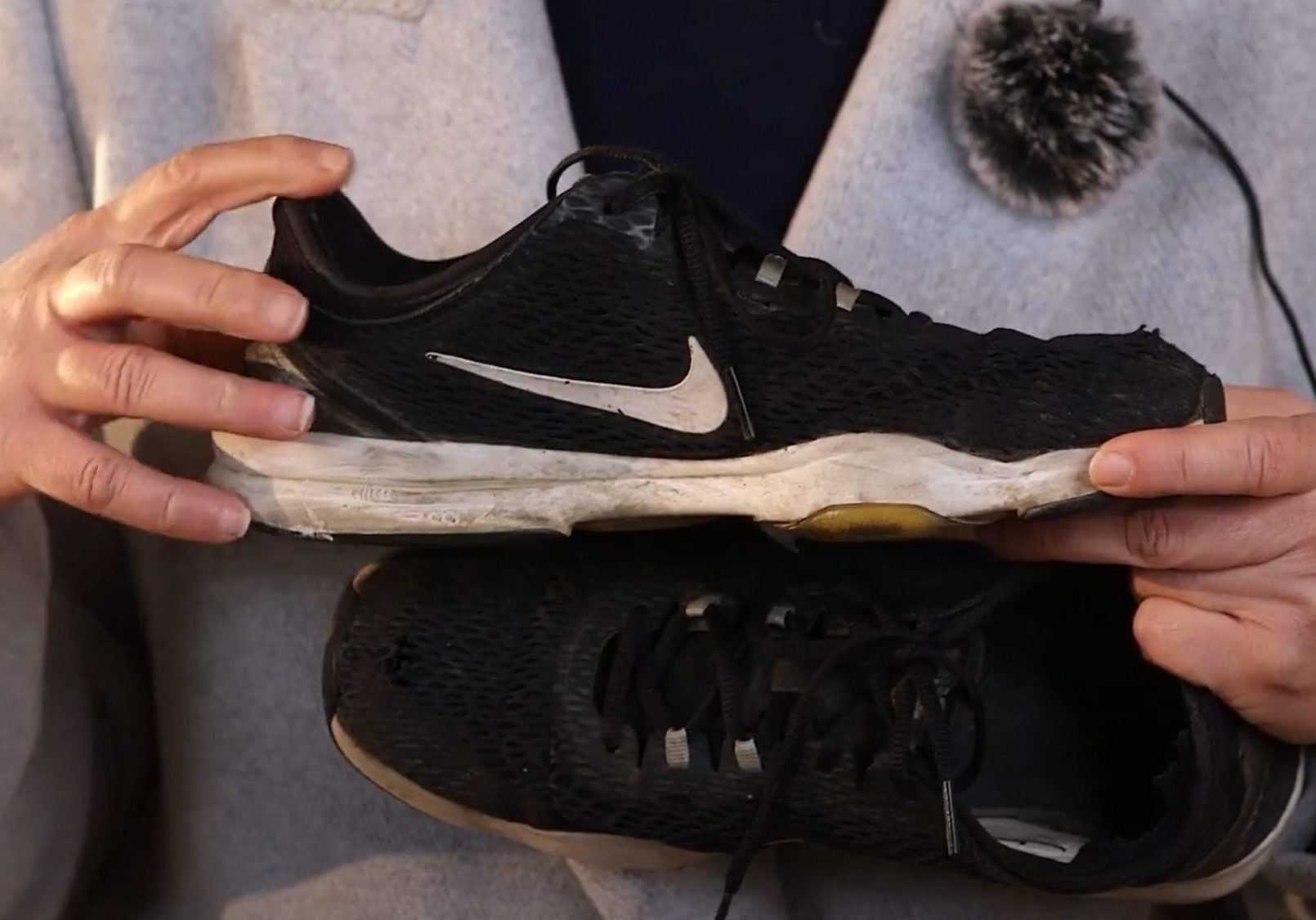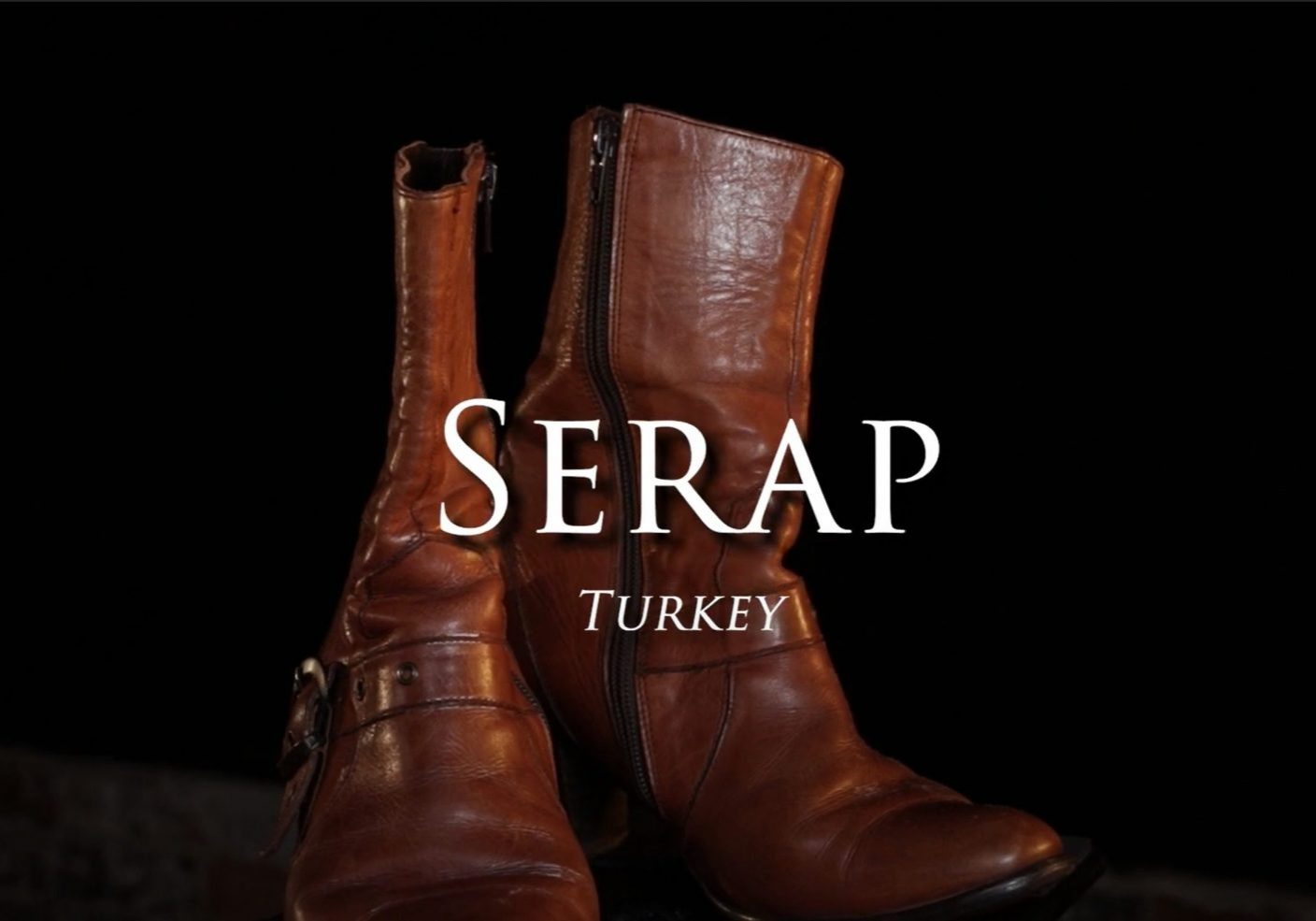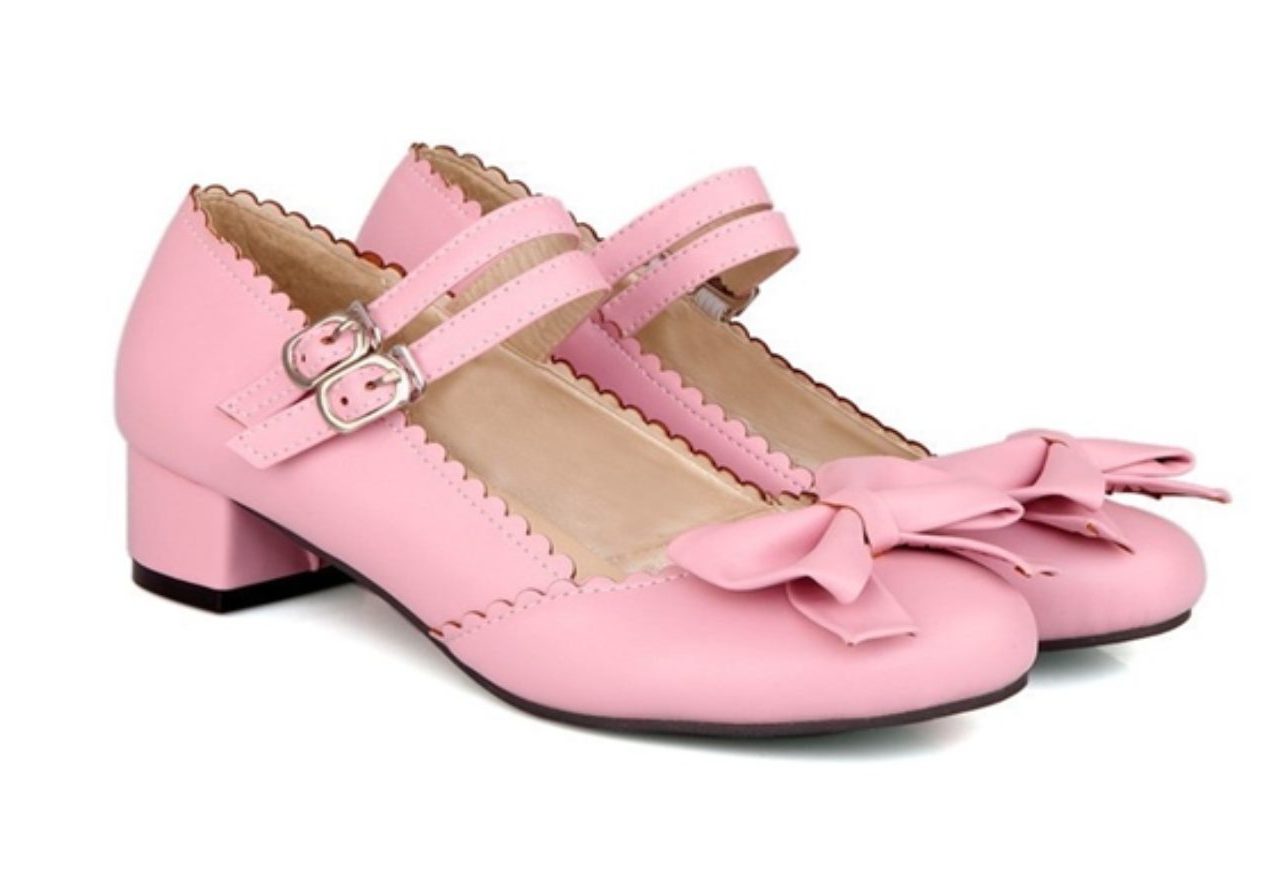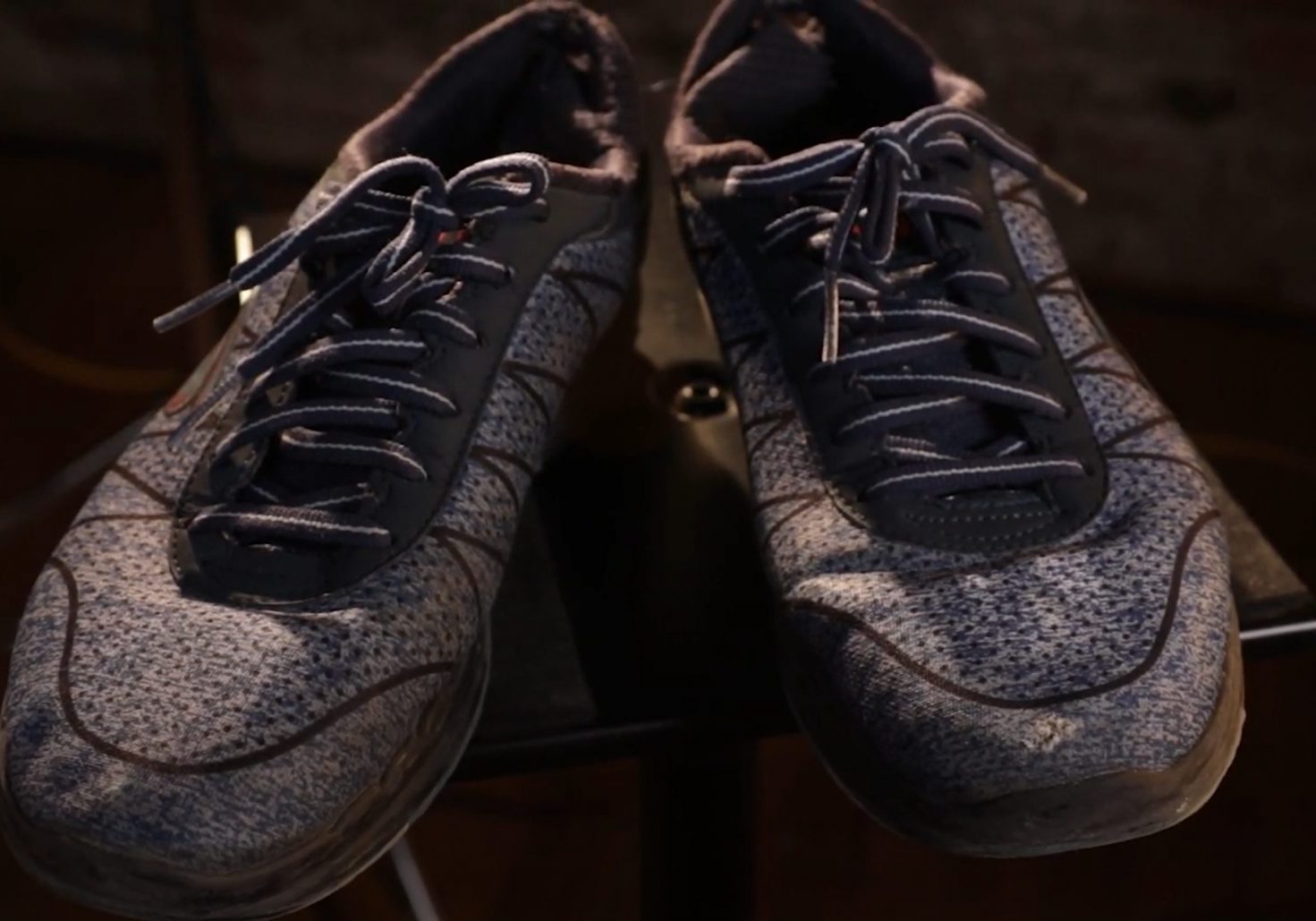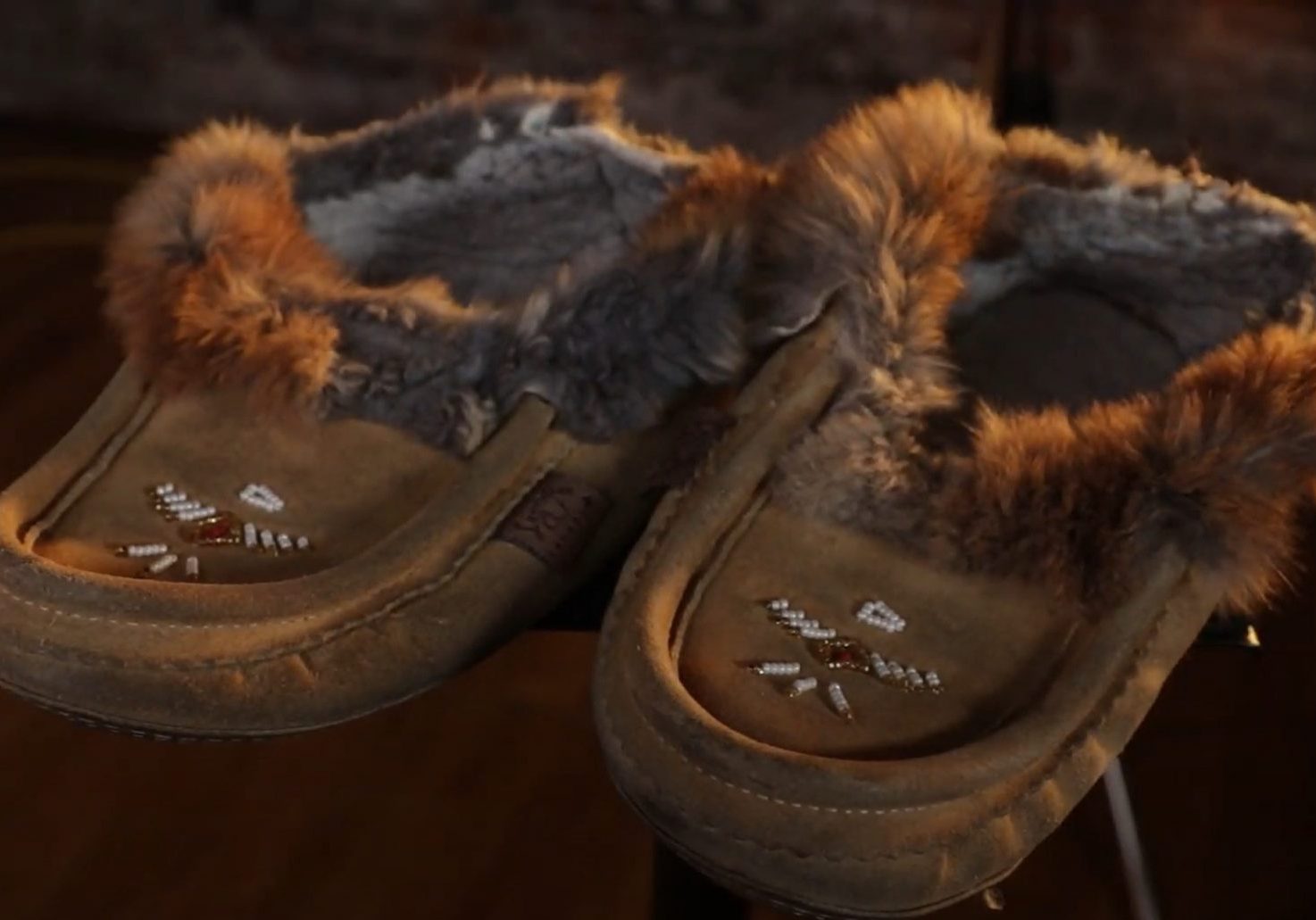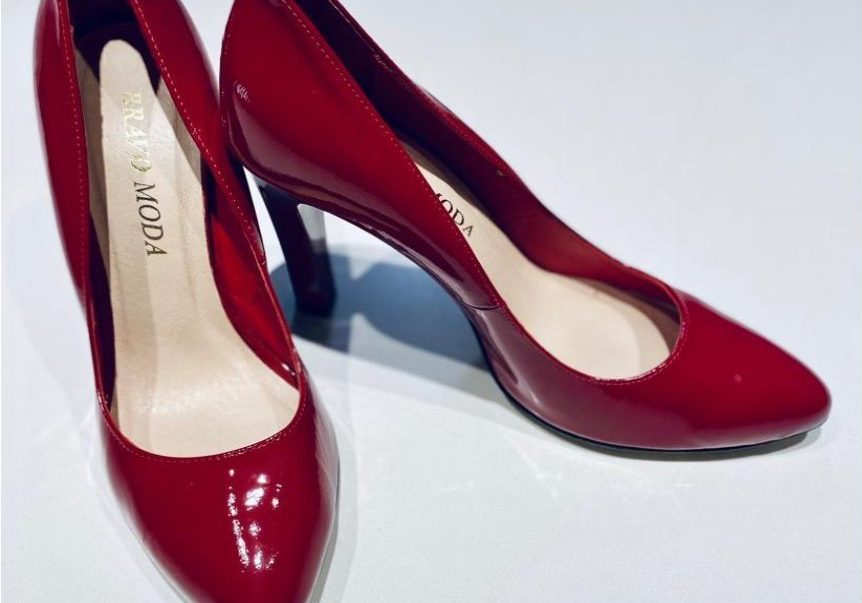My Dad’s Black Shoes and Me
Sosina Ashenafi
Story:
I stepped into a second-hand shoe store to buy winter boots, but my eyes were struck by a pair of men’s black shoes that were just like my dad’s. In an instant, these shoes took me back to my childhood.
I picked up the left shoe—just as a hand came out of nowhere and grabbed the right shoe. Instinctively, I held onto the left one tightly.
My dad was a political prisoner for two years during the military dictatorship in Ethiopia. I was 12 years old. It was his shoes that comforted me when I was missing him.
Before that time, when my father came home from a long day, he would sit on a chair and fall fast asleep. While my mom was cooking dinner and my brothers were playing, I would watch my dad sleeping, and I’d untie his shoelaces and gently, gently, take off his shoes. The soles were worn, but my dad used to say that the shoes were comfortable for him. He and his Italian lace-up shoes had a lot in common.
Later, when my dad was imprisoned, our family’s livelihood got worse. To feed the family, my mom did everything. Sometimes she sold old shoes and clothing to used-items collectors who came to the door. One day she put my dad’s black shoes with those items to sell. I was so mad that I cried. I grabbed the shoes and hid them under my bed.
When my dad was released from prison, I could not wait to see him wearing the shoes I had kept for him. When I gave him his favourite shoes, he put them on immediately. He was so happy.
Now, in the store in Toronto, I turned to see who was fighting me for the same shoes. It was a very tall guy in his mid-fifties with shaggy hair. He looked confused as to why I was fighting him for a pair of men’s shoes. He sat on the floor with the right shoe and tried to fit it on his foot.
I watched him. He looked at me and said, “I have a court case for my immigration status. Wish me luck. If I wear these shoes, maybe I will become a permanent resident of Canada.”
He was still trying to force his foot into the shoe which was almost so completely worn out that you could see the footprint of the original owner inside it. The man kept on describing all his challenges. Culture shock. A different alphabet. No family. But the shoe did not fit. He sighed, handed it to me and left the store.
It made me think of the thousands of people who run from their birthplace in search of justice, equality and freedom but die before attaining their dreams. Life as an exile is full of anxiety, uncertainty and paradoxes.
When the man was leaving the store, I wished the shoes had fit him.
It has been a few years since I left my country of origin. I still very much miss my family and the culture and context I grew up in. In my new country, when the seasons are changing, I set out to find shoes that fit me. But in my country of origin, there is no need to buy shoes for every season. Most people know the life cycle of a pair of shoes. We wear them while they’re new. We throw them out when they’re old.
Why did I want these shoes that so reminded me of my dad? It was as if I was saving him. In childhood, taking off his shoes, cleaning and polishing them, I thought that I was taking care of him. Seeing a similar pair of shoes in the store, I wanted to have them and keep that memory close to me.
I picked up the shoes and went to the counter to pay for them, thinking of my dad’s black shoes, his courage, his struggles—and our courage, our struggles and hopes in this strange new country.
Then I started searching for my winter boots.
